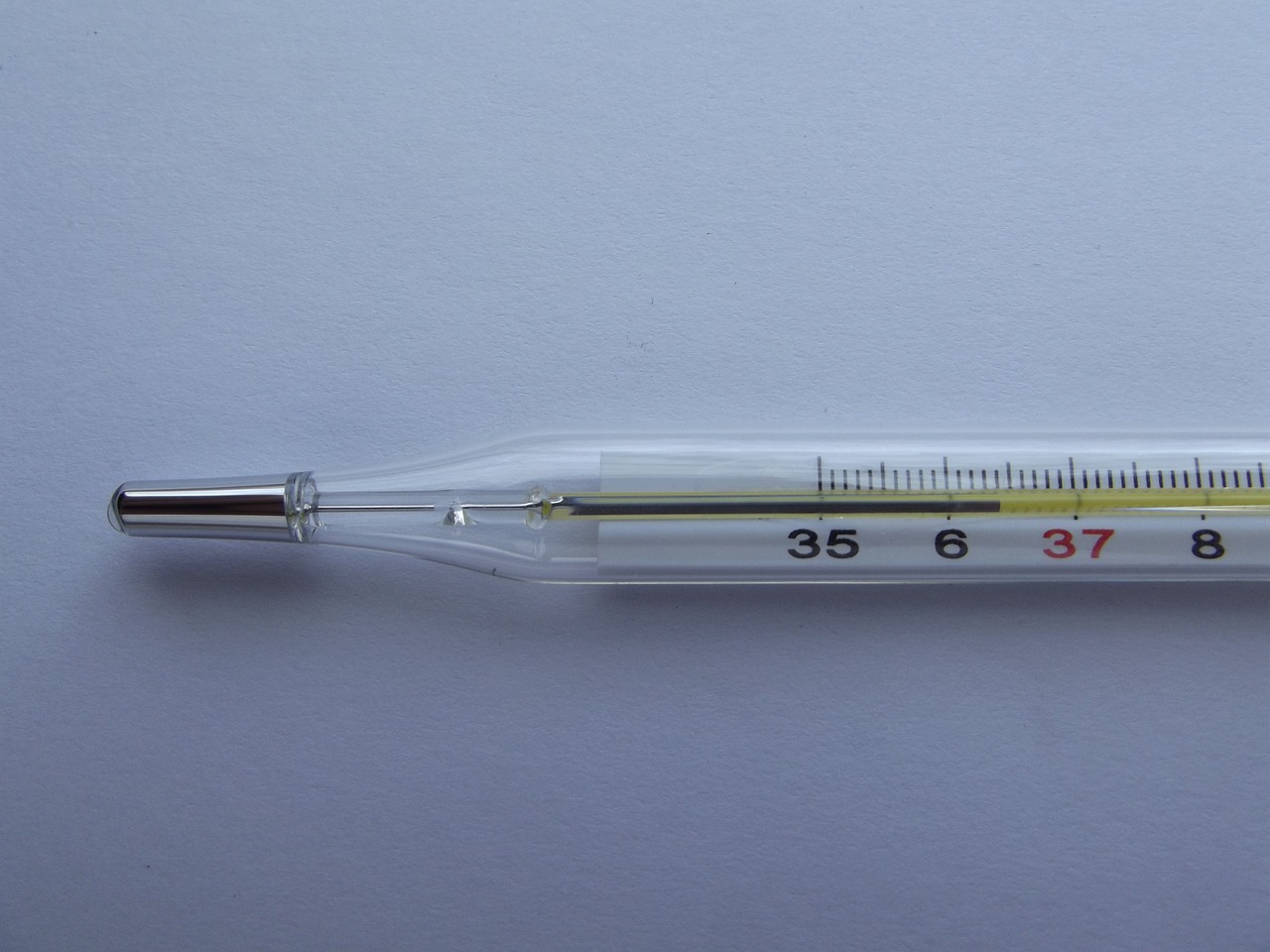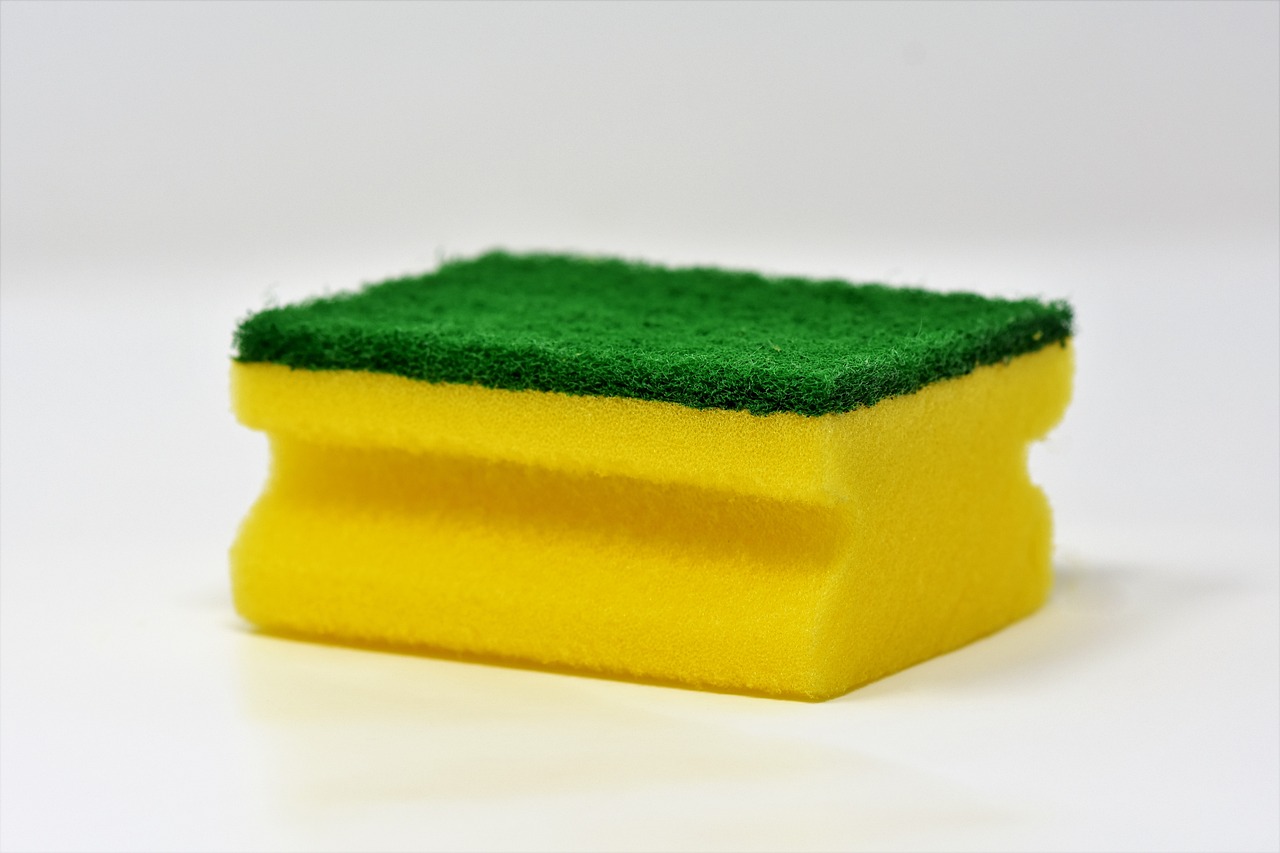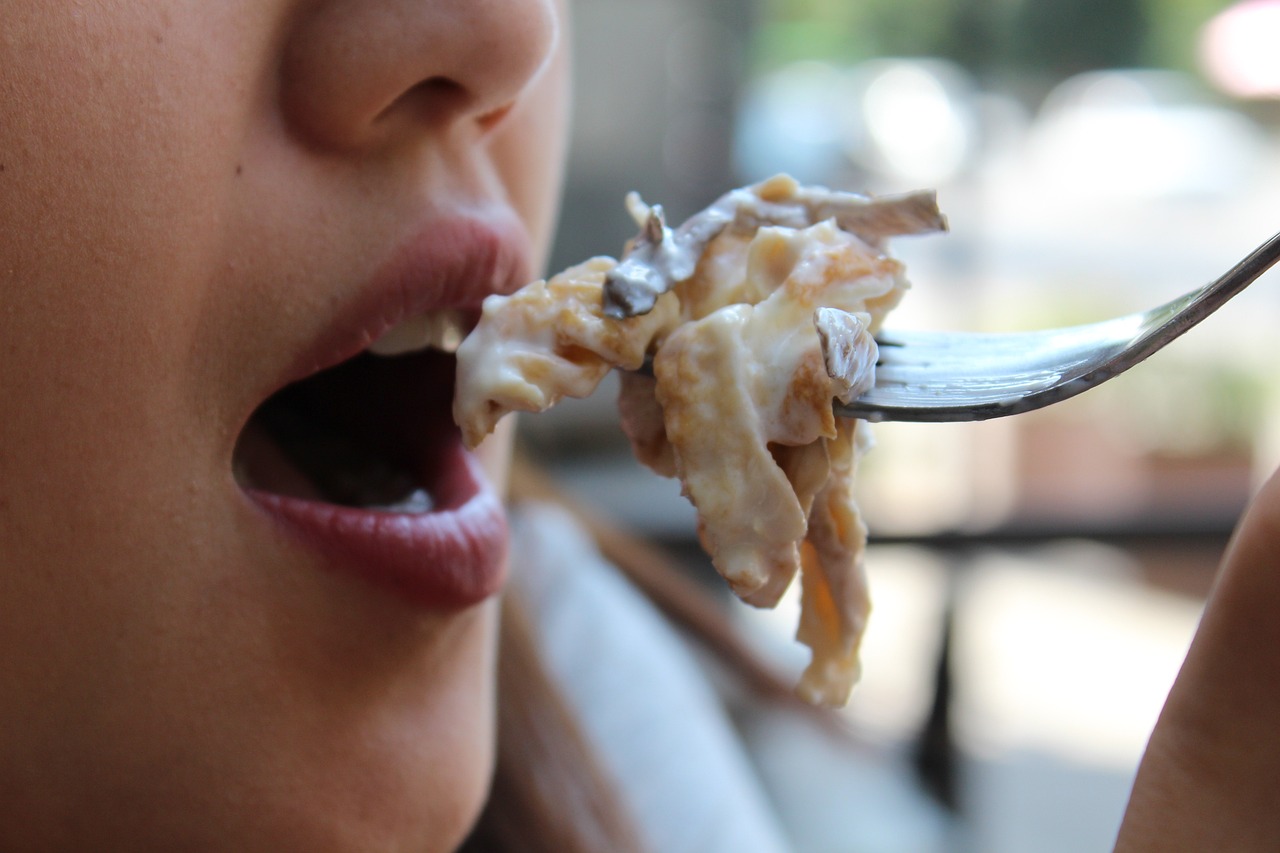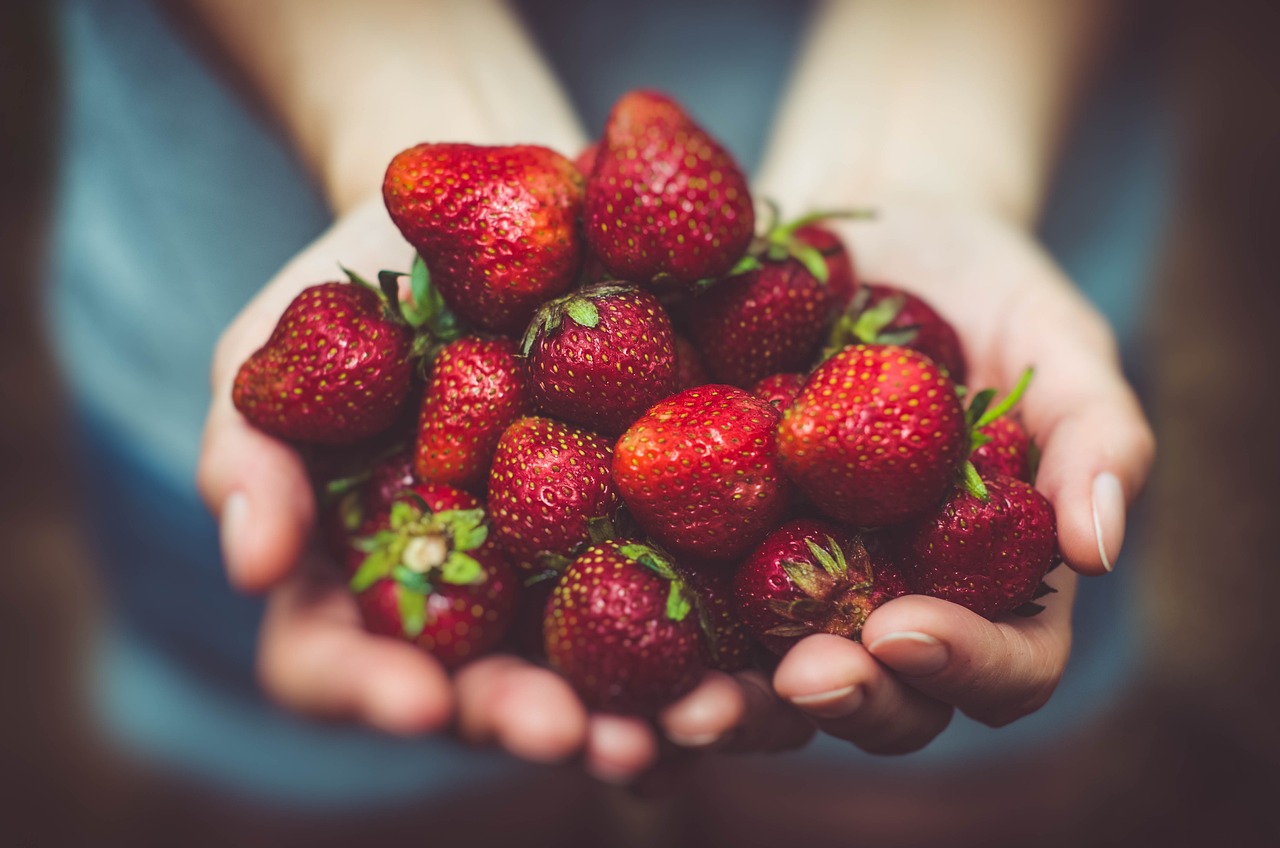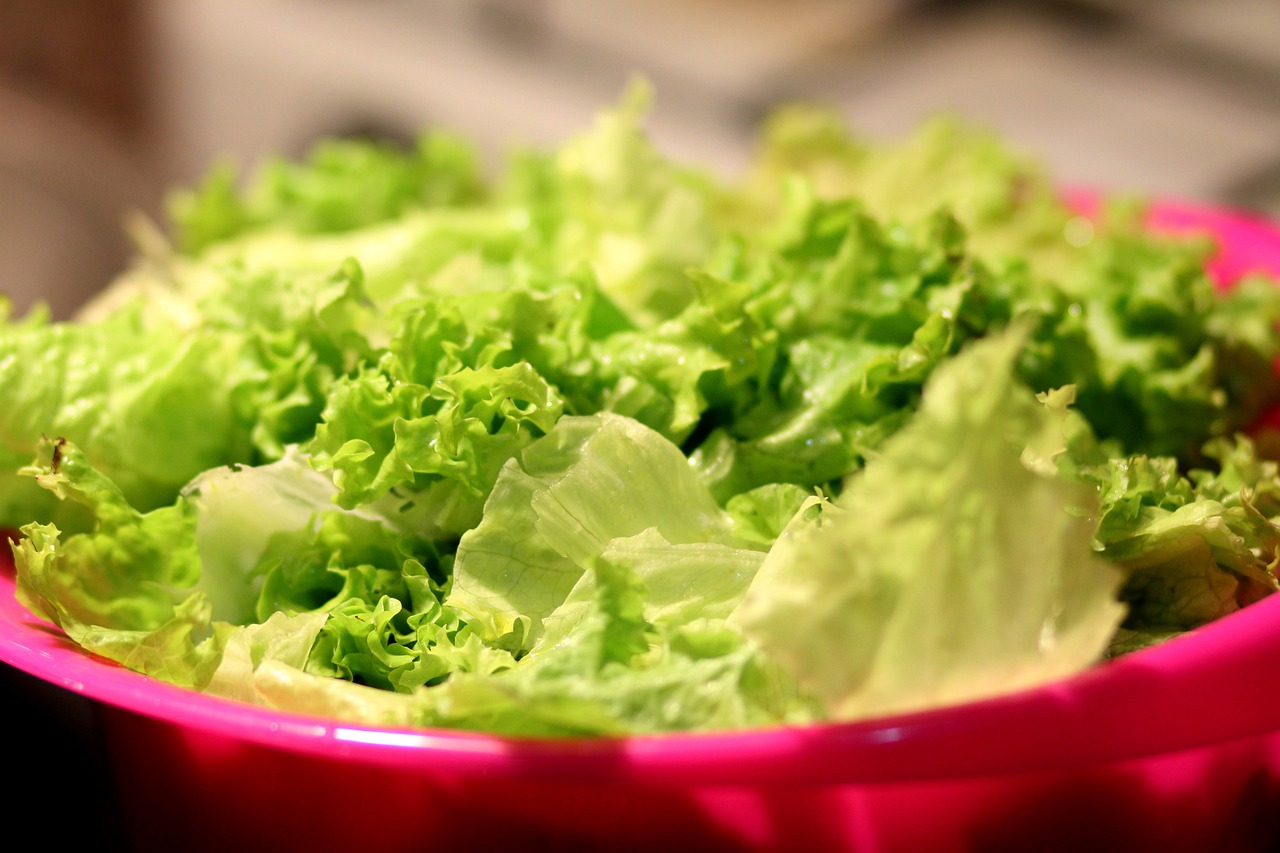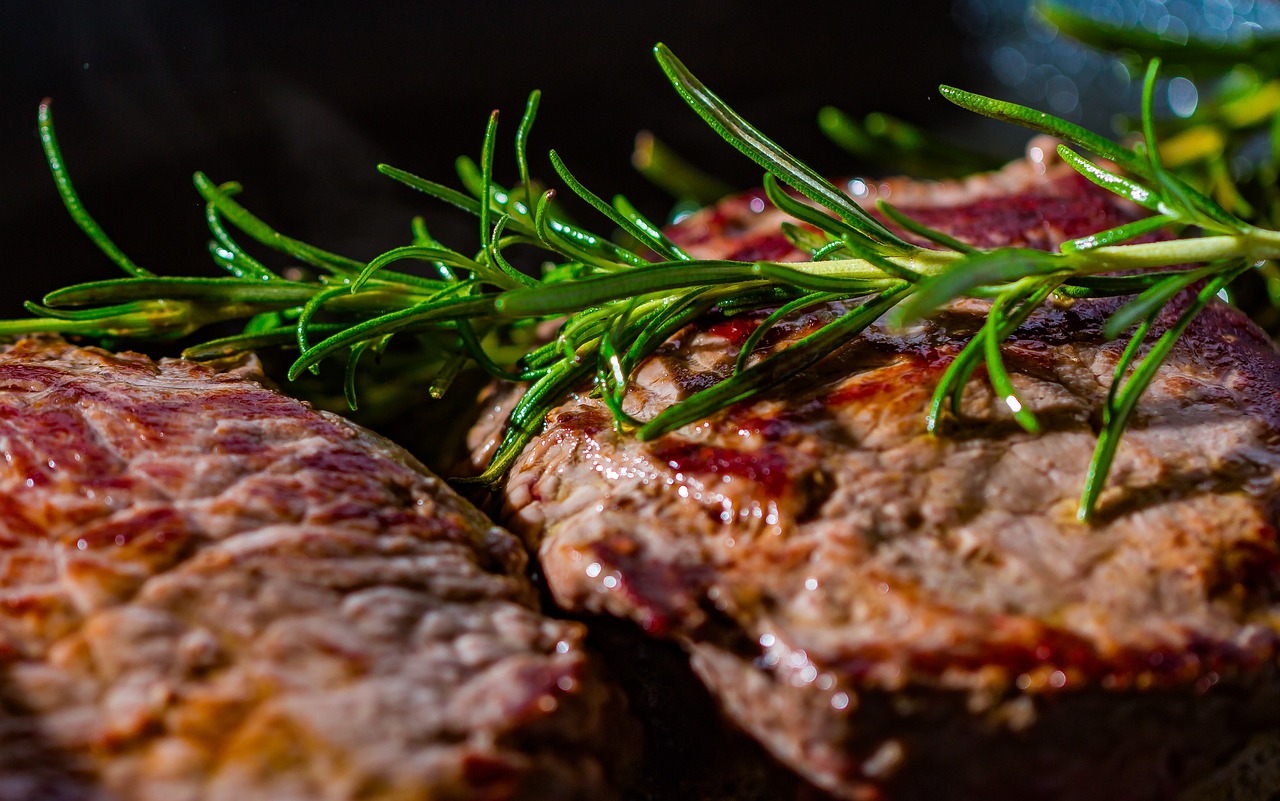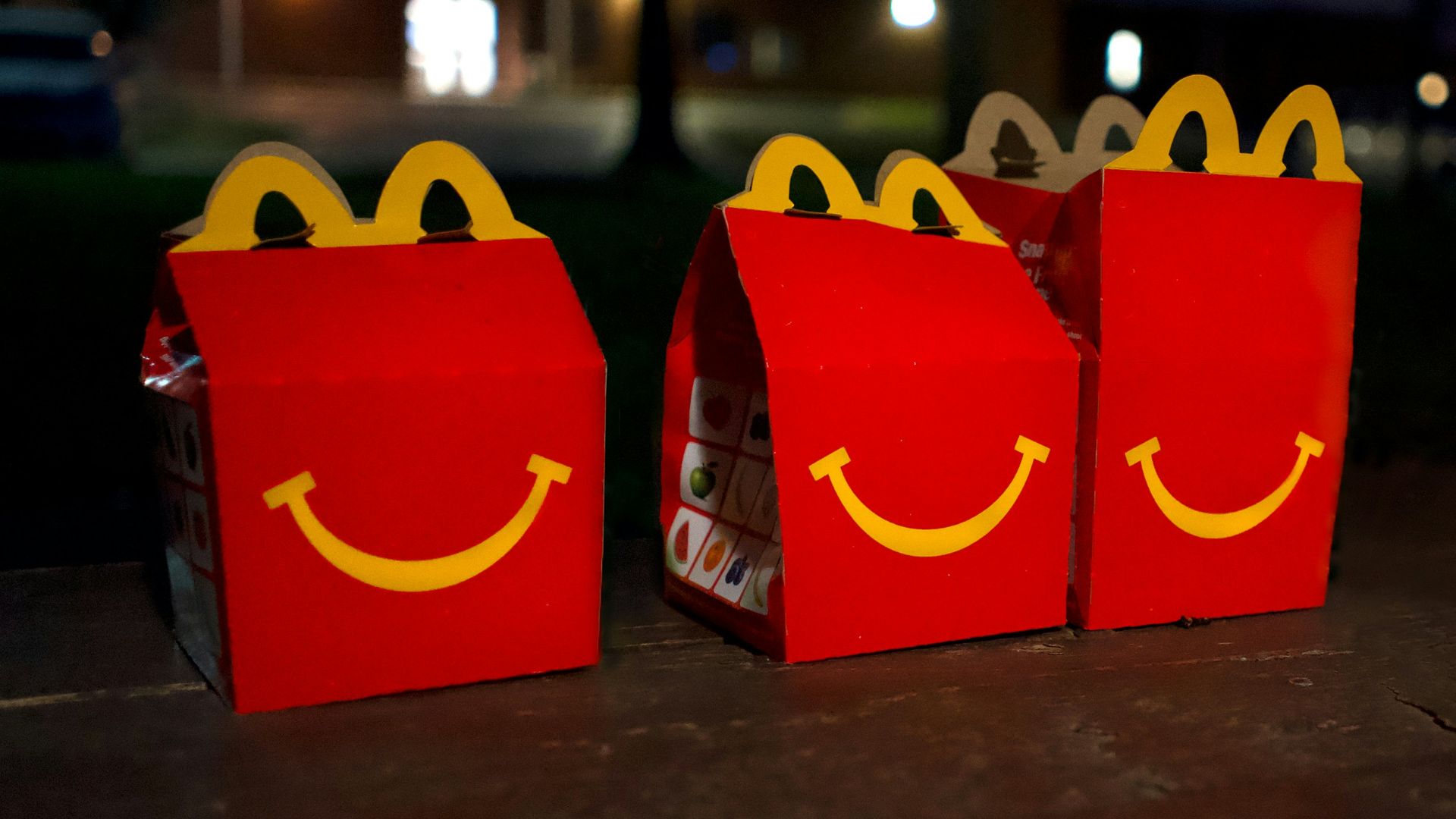These Are The Most Common Food Safety Mistakes You're Probably Making
We've all been there, making tiny (or not-so-tiny) mistakes in the kitchen that could lead to some not-so-fun consequences. But fear not! I'm here to guide you through the 25 most common food safety blunders, and we'll do it in a way that's fun and easy to digest - pun intended.
1. Ignoring Expiration Dates
Oh, the good old 'sniff test.' While our noses are great, they're not always the best judges of food safety. Eating food past its expiration date is like playing culinary roulette – sometimes you're fine, but other times, not so much. Always check those dates; they're there for a reason!
 Image by tigerlily713 from Pixabay
Image by tigerlily713 from Pixabay
2. Cross-Contamination Capers
Your raw chicken and veggies shouldn't be BFFs. Using the same cutting board or knife for raw meat and other foods is a big no-no. It's like giving bacteria a free ride to Flavortown. Always use separate utensils and boards for raw meats and other foods.
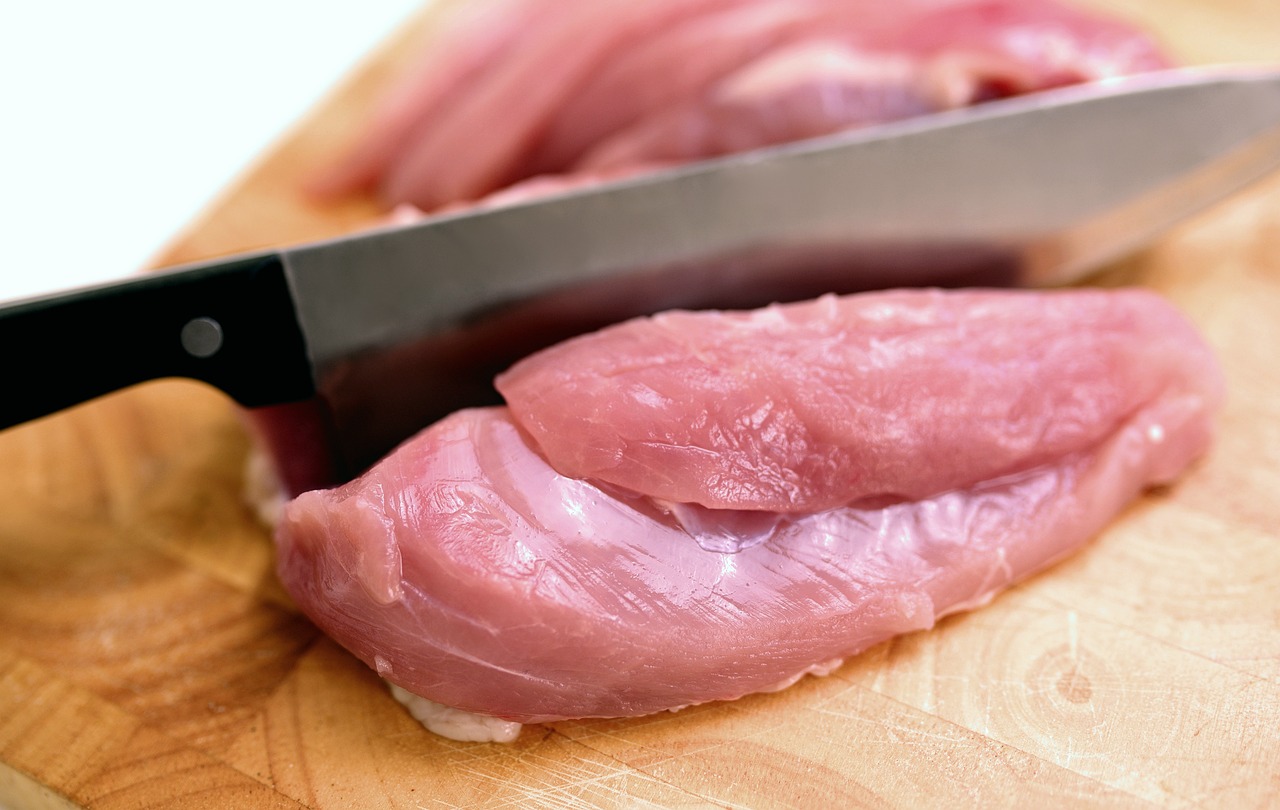 Image by congerdesign from Pixabay
Image by congerdesign from Pixabay
3. The Great Thawing Debate
Thawing food on the counter seems easy, but it's like giving bacteria a tropical vacation. The safest ways to thaw are in the fridge, in cold water, or in the microwave. Remember, slow and steady wins the race, except when it involves bacteria multiplying!
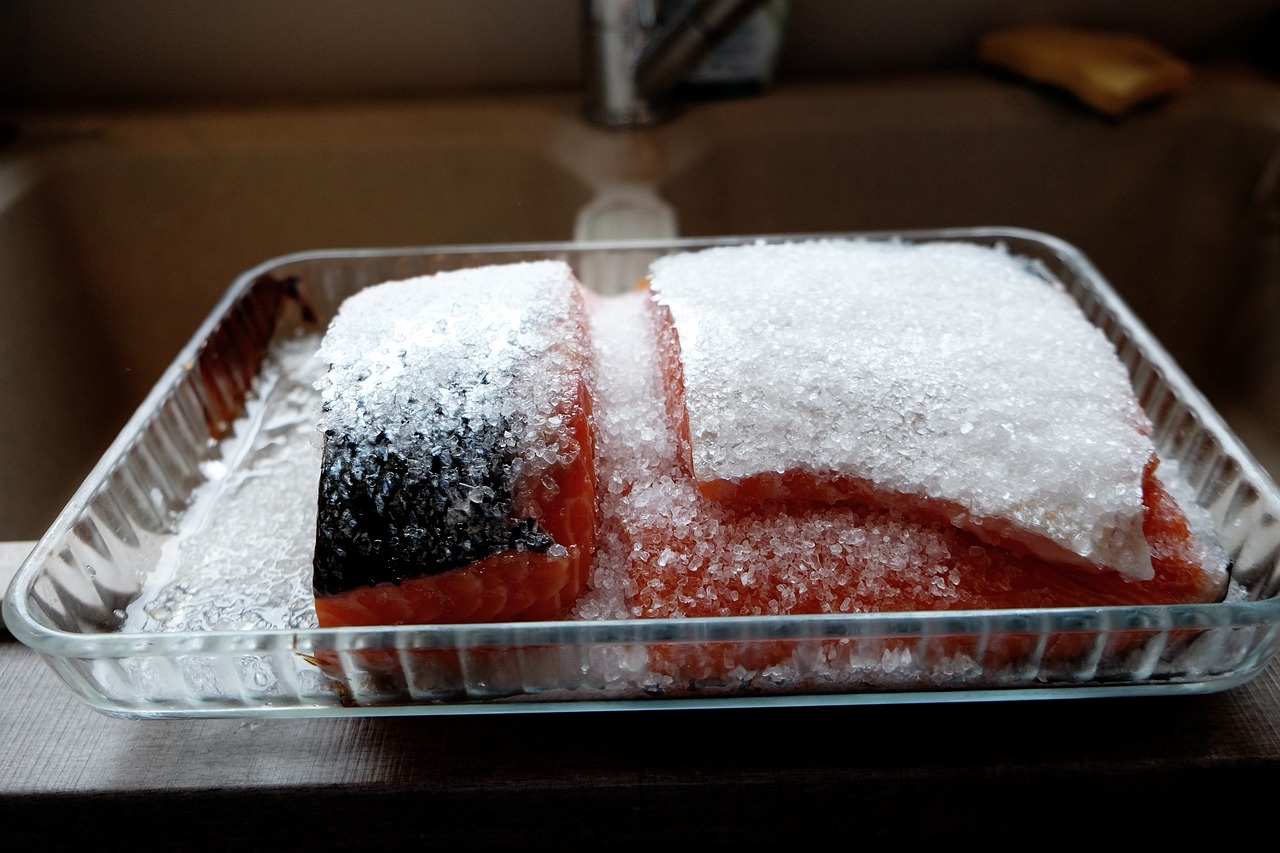 Image by StockSnap from Pixabay
Image by StockSnap from Pixabay
4. Temperature Temptations
Not using a food thermometer is like baking without measuring cups – a guessing game. Cooking meat to the right temperature is crucial to kill off any unwanted guests (like bacteria). So, invest in a thermometer and take the guesswork out of cooking!
5. Sponge Sorrows
Your kitchen sponge is like a bacteria nightclub, and everyone's invited! Sponges can harbor all sorts of germs, so sanitize them regularly or switch to disposable wipes. A clean sponge equals a happier kitchen.
6. Fridge Overload
An overstuffed fridge is like a crowded party; nobody stays cool. Air needs to circulate to keep food at a safe temperature. Organize your fridge and don't pack it too full – your leftovers will thank you!
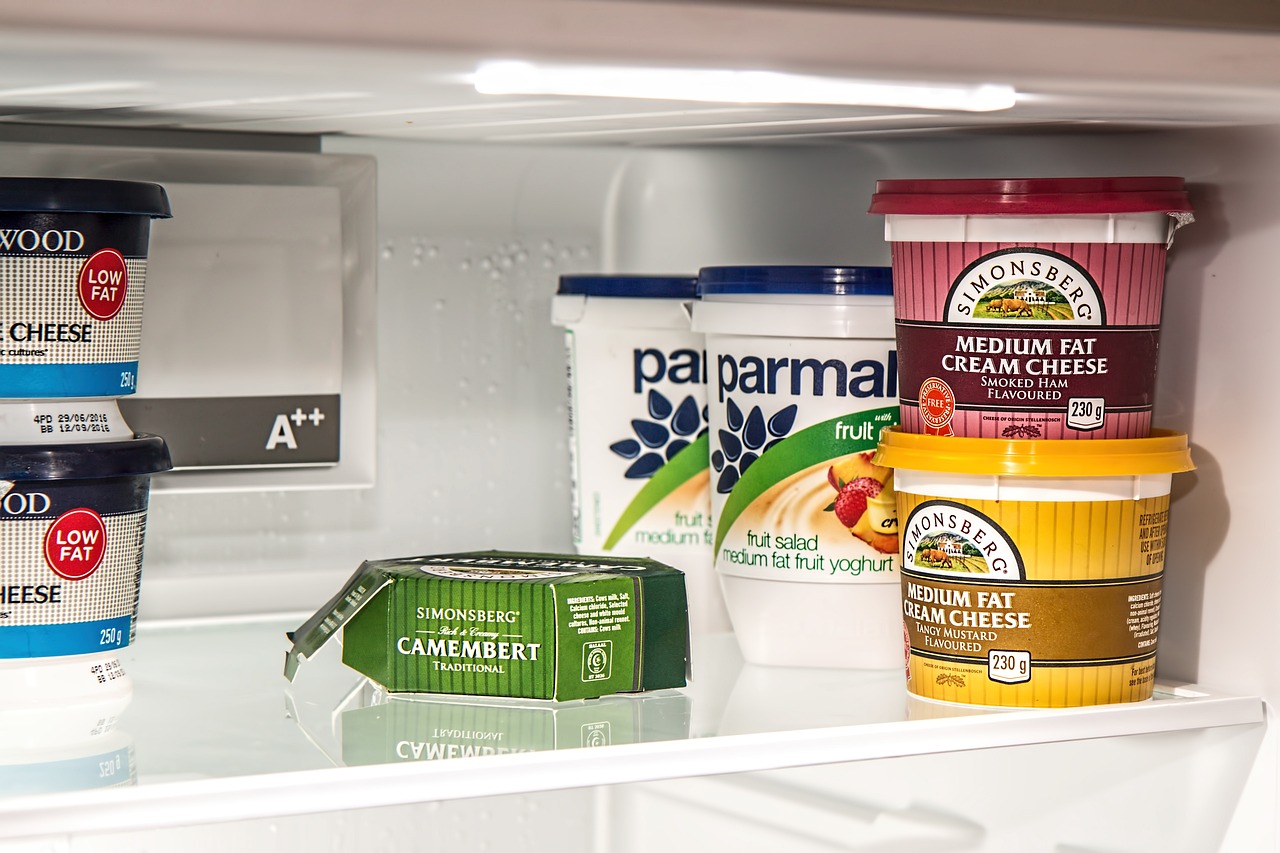 Image by Steve Buissinne from Pixabay
Image by Steve Buissinne from Pixabay
7. Ignoring Handwashing
Washing hands isn't just for show; it's basic food safety! Wash hands with soap and water before and after handling food, especially raw meat. Consider it your kitchen’s opening act.
8. Marinating Mishaps
Marinating on the counter is like sunbathing at noon – it's too risky. Always marinate in the refrigerator to keep bacteria at bay. Think of your fridge as a marinade spa – cool and relaxing.
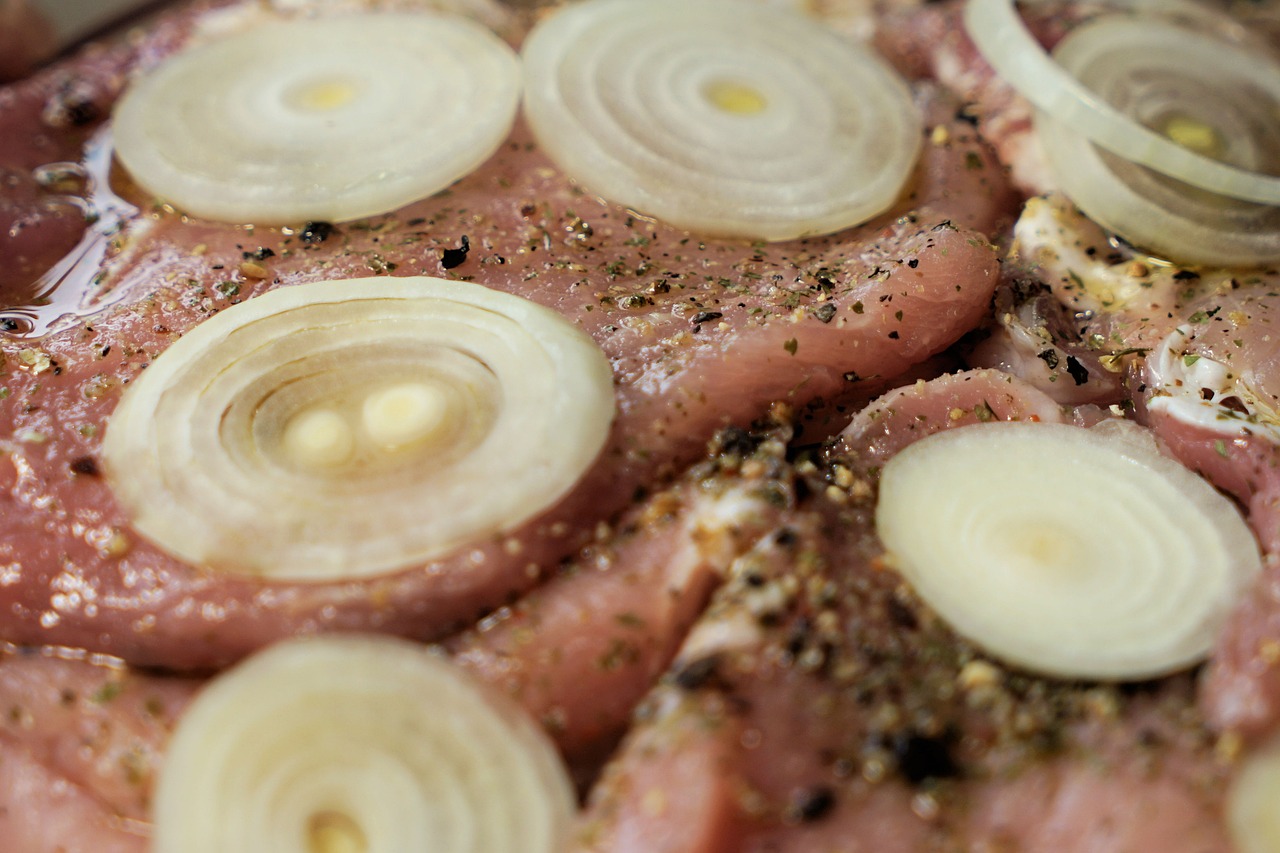 Image by Andreas Lischka from Pixabay
Image by Andreas Lischka from Pixabay
9. Lukewarm Leftover Syndrome
Reheating leftovers inadequately is like a half-charged phone – it just won’t do the job. Heat leftovers thoroughly to 165°F (74°C) to ensure they’re safe to eat. No lukewarm surprises, please!
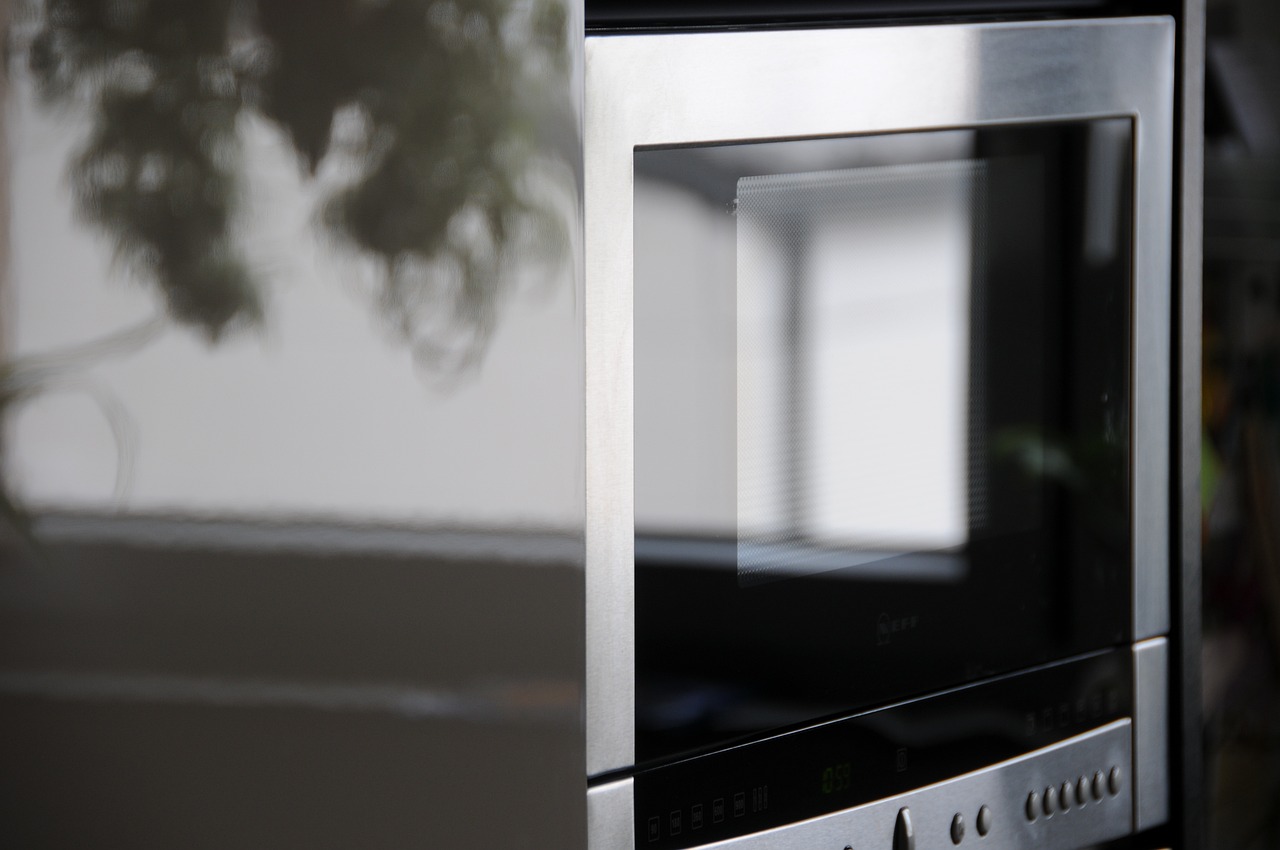 Image by Frank Wittkowski from Pixabay
Image by Frank Wittkowski from Pixabay
10. Tasting Test Fails
Tasting food to check if it's spoiled is like asking a toddler if they need a nap – unreliable. If in doubt, throw it out. Trusting your taste buds alone is a risky business.
11. The Dirty Dozen: Unwashed Produce
Unwashed fruits and veggies can be like a dirt party, and you’re not invited. Wash them under running water to get rid of potential contaminants. Your immune system will thank you.
12. Rare Risks
Eating meat rare is like a thrill-seekers' hobby – exciting but risky. To ensure safety, cook meats to the recommended internal temperature. Leave the rare adventures to other aspects of life.
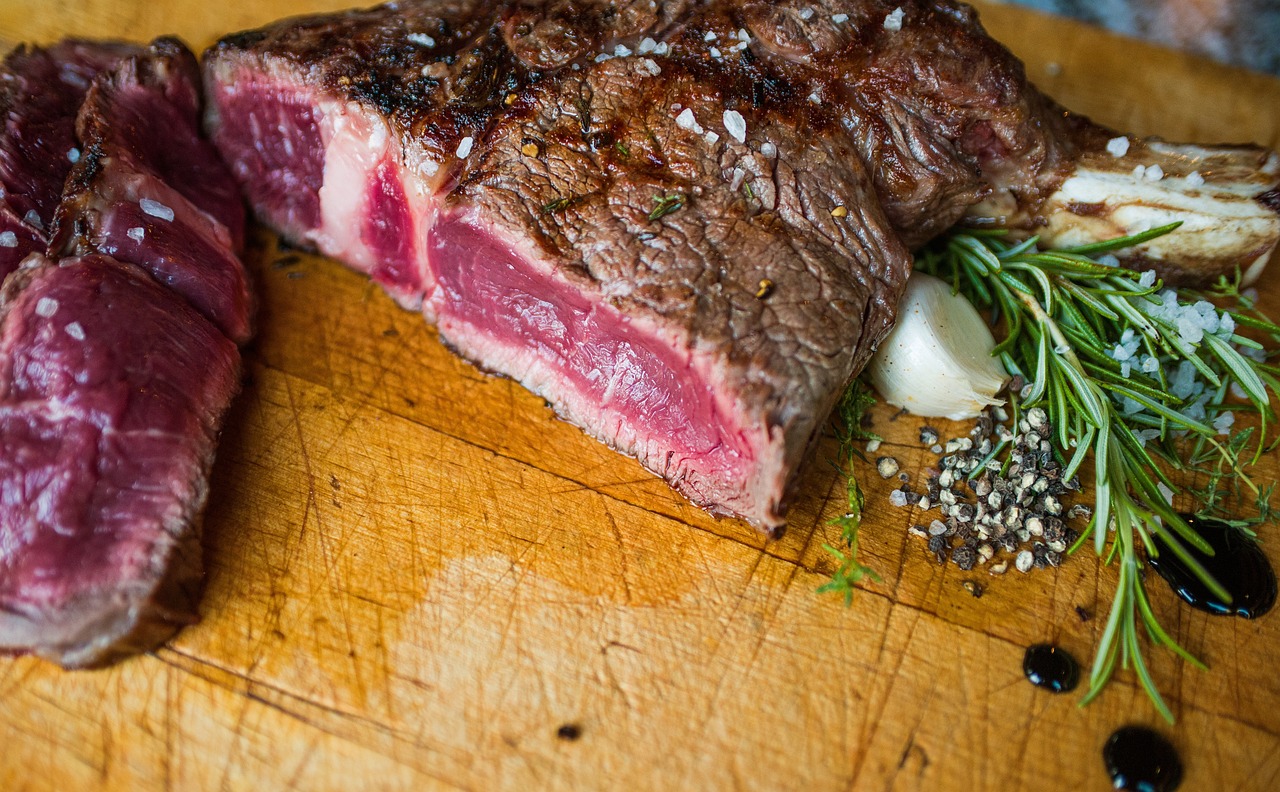 Image by Matteo Orlandi from Pixabay
Image by Matteo Orlandi from Pixabay
13. Overconfidence in Immunity
Thinking you're immune to food poisoning is like believing you're best friends with gravity – it won’t hold up. Anyone can get food poisoning, so it’s best to play it safe. Overconfidence in the kitchen is a recipe for disaster.
 Image by unknownuserpanama from Pixabay
Image by unknownuserpanama from Pixabay
14. The Wipe-Once Wonder
Using the same dishcloth all week is like wearing socks for days – a bad idea. Change or wash dishcloths regularly to avoid spreading germs around your kitchen. Fresh cloth, fresh kitchen!
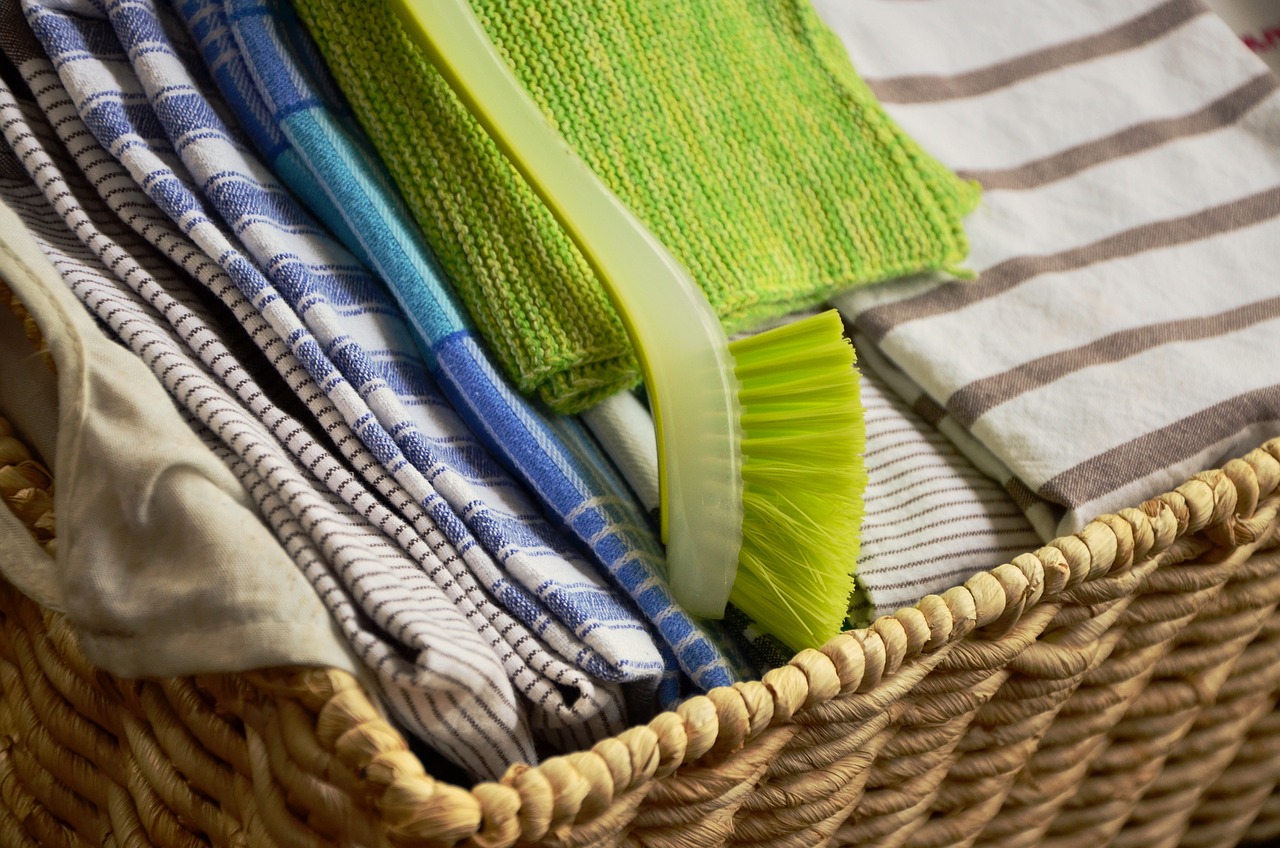 Image by congerdesign from Pixabay
Image by congerdesign from Pixabay
15. Salad Spinner Neglect
Not using a salad spinner is like skipping the spin cycle in laundry – things remain soggy. A salad spinner not only dries your greens but also helps remove extra dirt. Spin your way to cleaner salads!
16. Cooking Spray Overload
Too much cooking spray can make food greasy and unhealthy. Use it sparingly to avoid excess fat and calories. Think of it as the hairspray of the kitchen – a little goes a long way.
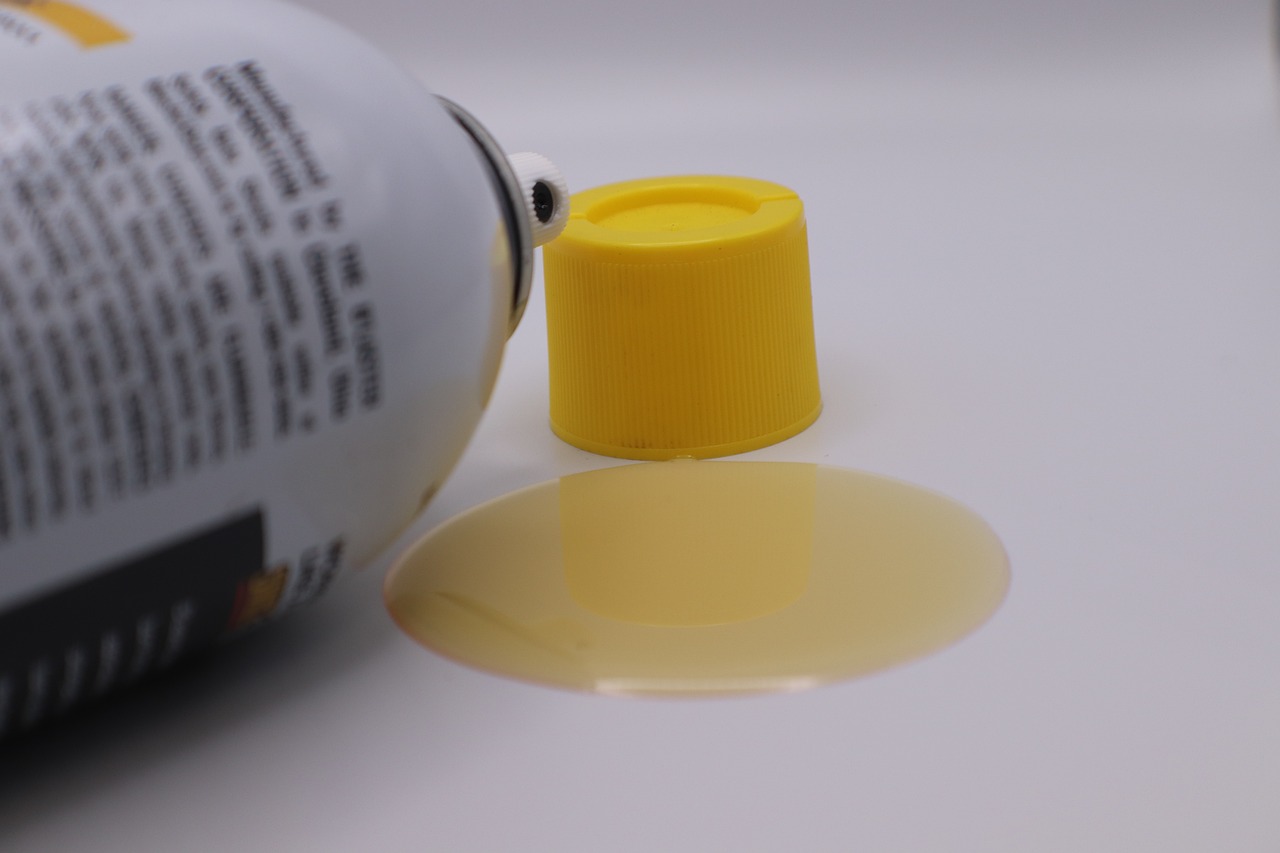 Image by Mark Scanland from Pixabay
Image by Mark Scanland from Pixabay
17. Ignoring Portion Sizes
Oversized portions can lead to overeating and waste. Use measuring cups and scales to keep portions in check. Your waistline and wallet will thank you.
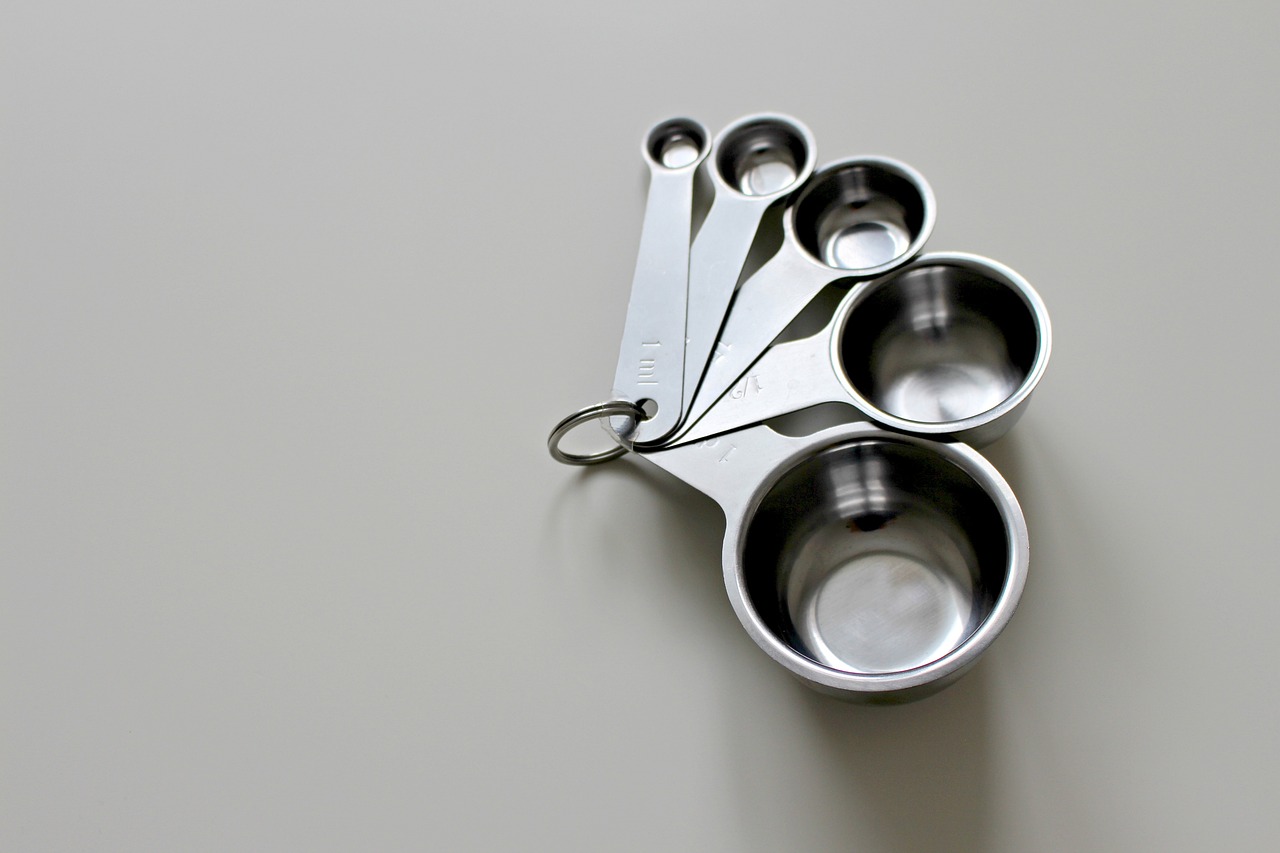 Image by Monfocus from Pixabay
Image by Monfocus from Pixabay
18. Rush-Hour Cooking
Rushing through meal prep can lead to mistakes and accidents. Take your time, plan ahead, and enjoy the process. Remember, good food takes time.
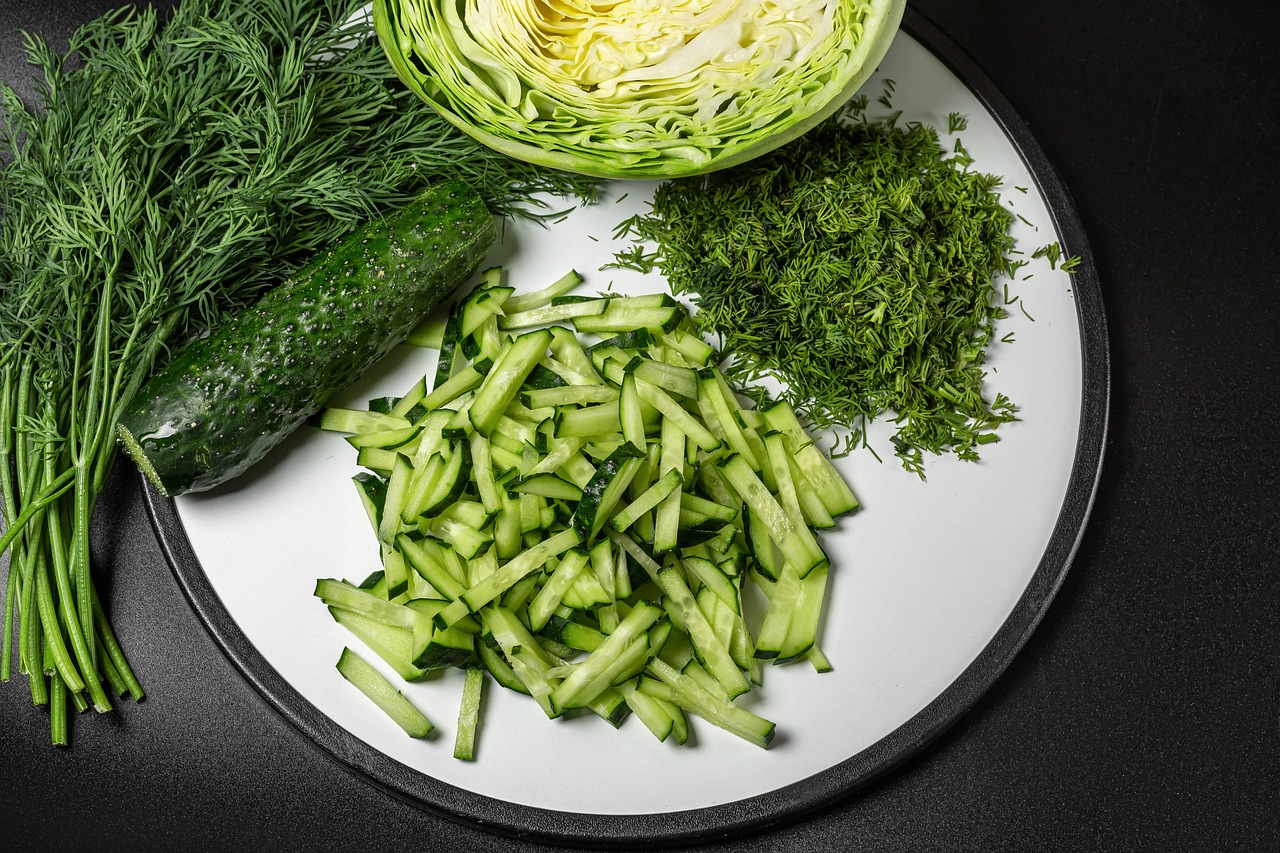 Image by Amitkumar Patel from Pixabay
Image by Amitkumar Patel from Pixabay
19. Overcrowding the Pan
Overcrowding leads to uneven cooking and steaming instead of browning. Give your food some space – it's a culinary dance floor, not a mosh pit.
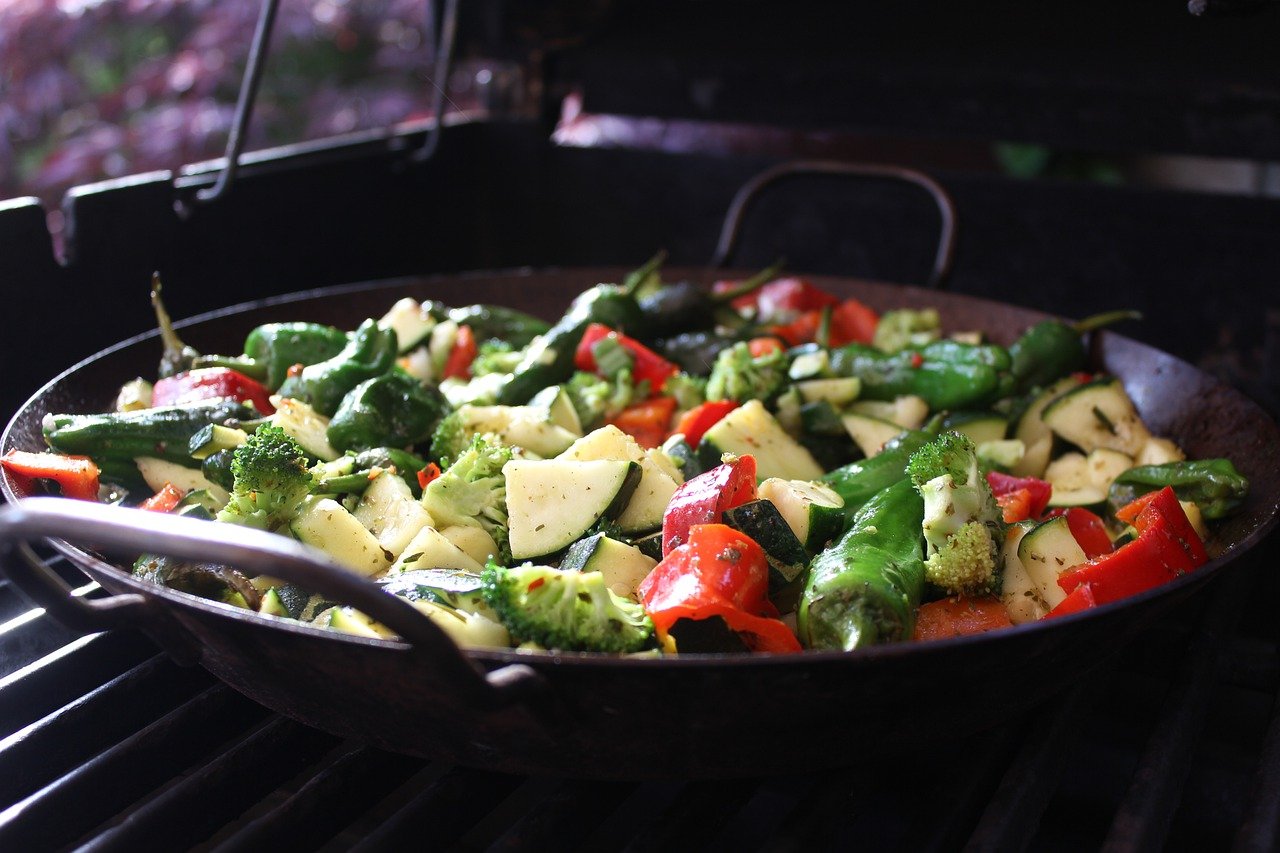 Image by Lars Beulke from Pixabay
Image by Lars Beulke from Pixabay
20. Misusing Oils
Not all oils are created equal. Choose the right oil for the right job – some are better for high heat, others for flavor. It's like picking the right outfit for an occasion.
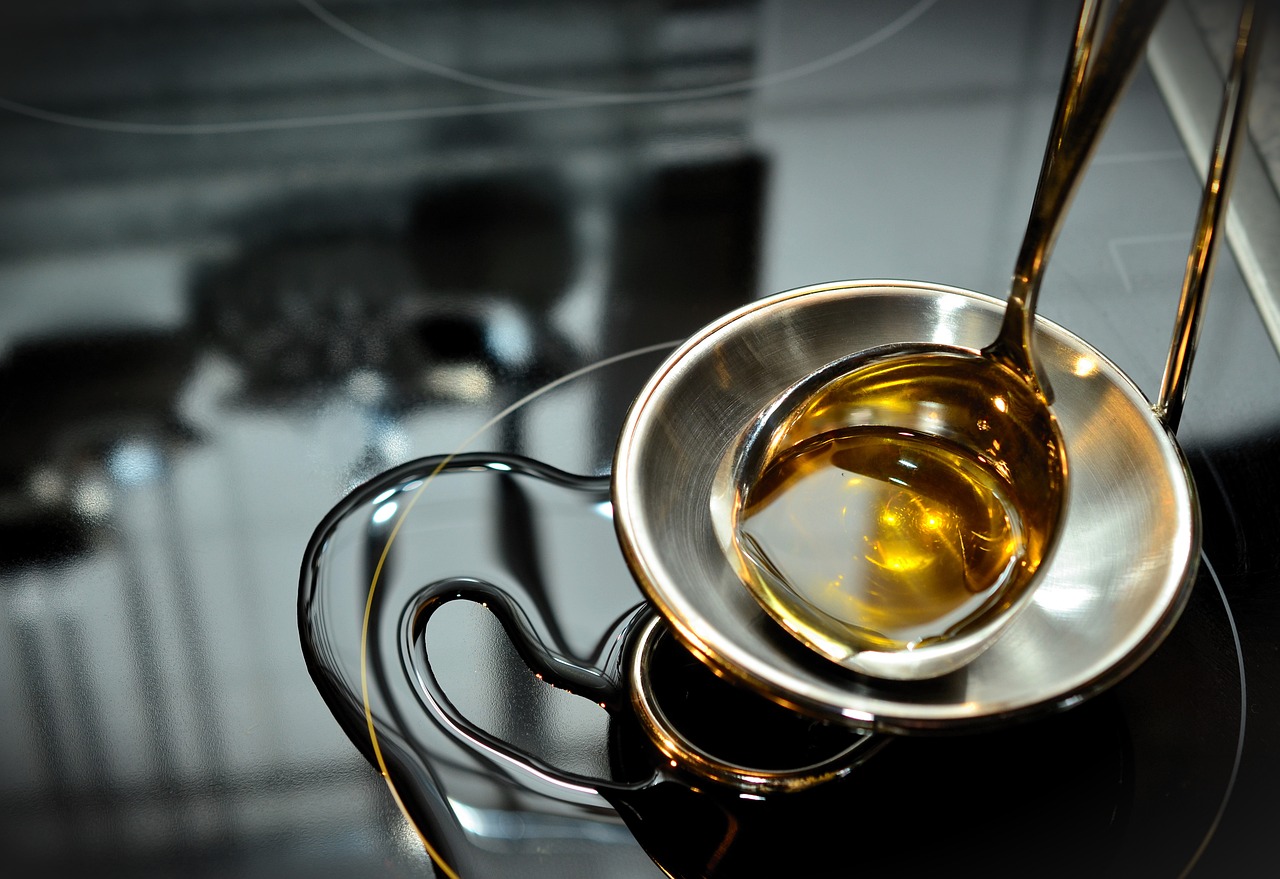 Image by congerdesign from Pixabay
Image by congerdesign from Pixabay
21. Skimping on Seasoning
Underseasoning is like a movie without music – it lacks impact. Season your food well to bring out the best flavors. But remember, you can always add more, but you can't take it away!
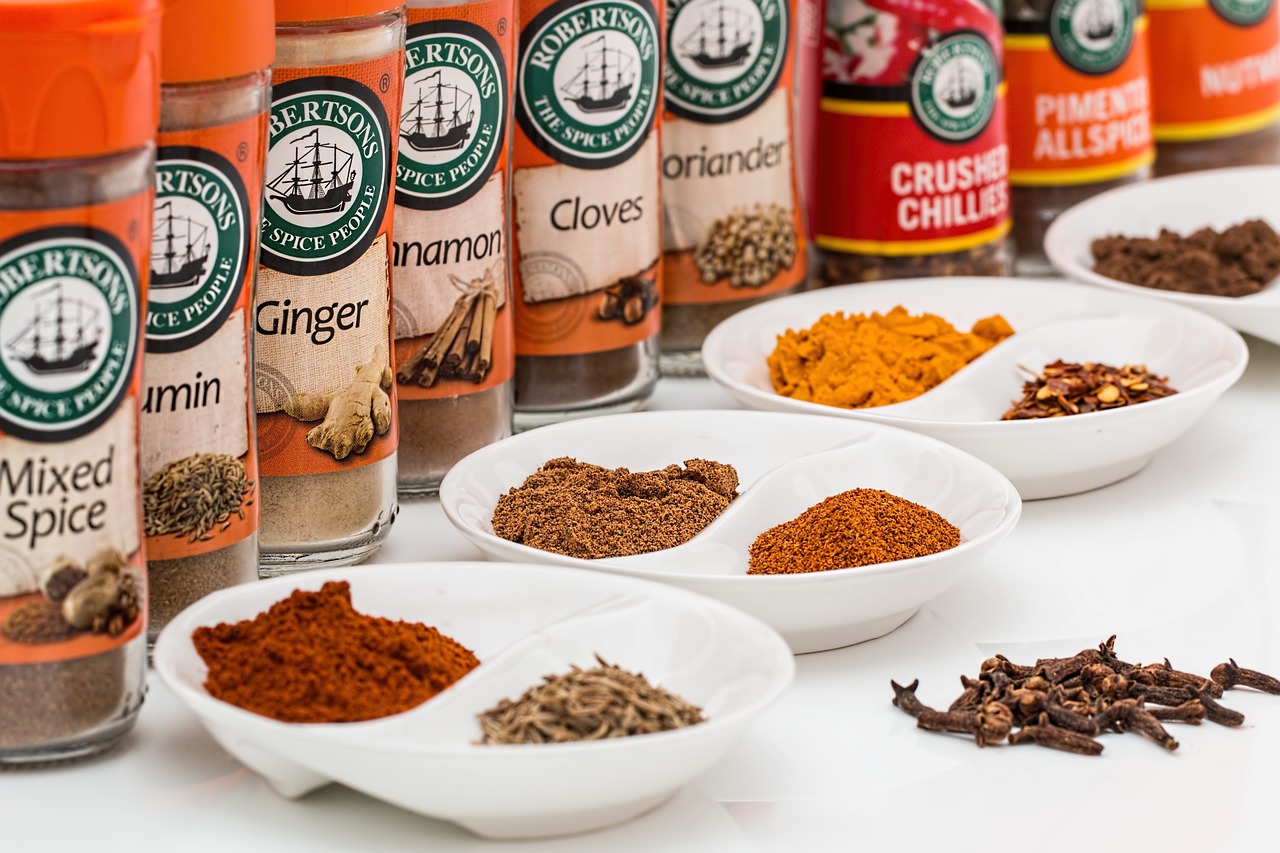 Image by Steve Buissinne from Pixabay
Image by Steve Buissinne from Pixabay
22. Forgetting to Rest Meat
Not letting meat rest after cooking is like waking someone from a deep sleep – jarring. Let it rest to redistribute juices and achieve the perfect tenderness. Patience is a culinary virtue.
23. Neglecting Food Allergies
Ignoring potential food allergies in your guests is like playing dietary Russian roulette. Always check for allergies to ensure a safe and enjoyable meal for everyone.
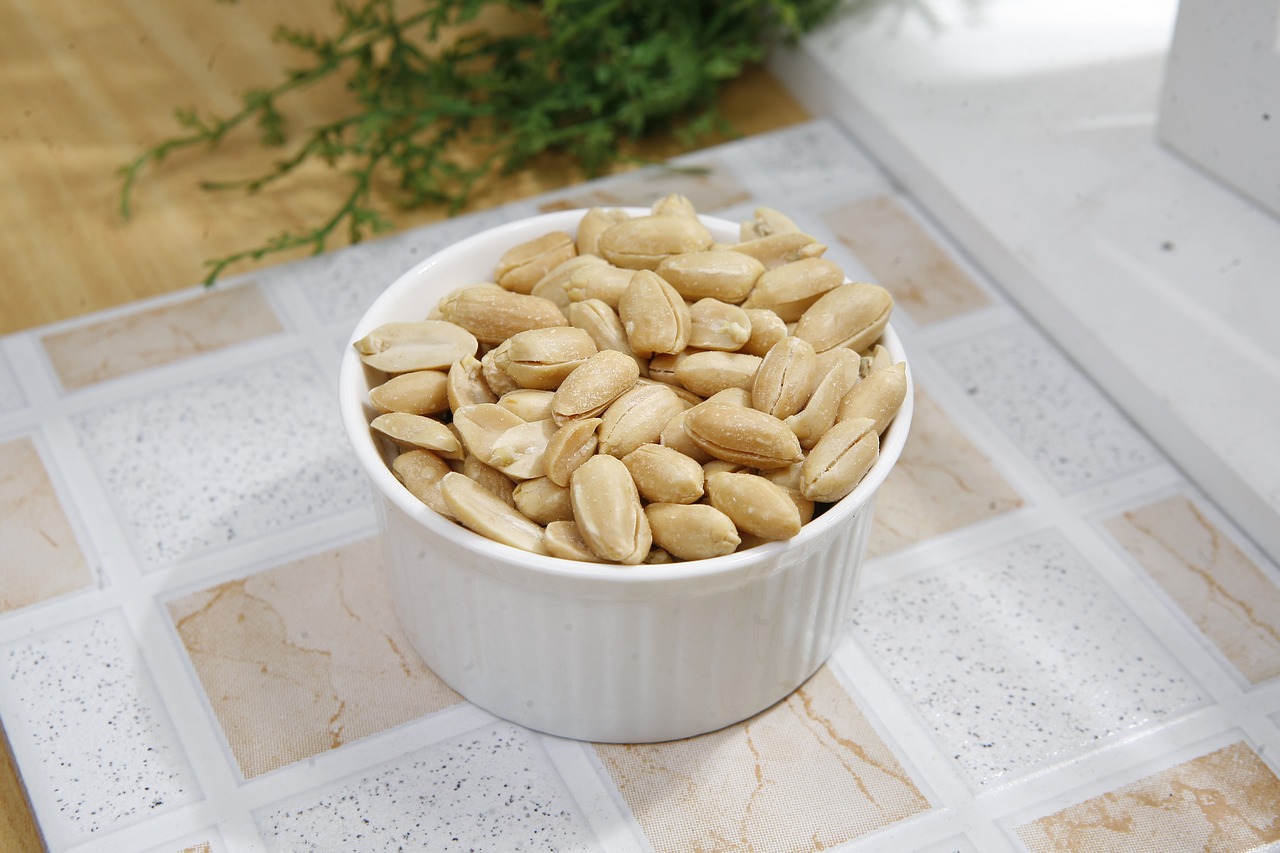 Image by heecehil from Pixabay
Image by heecehil from Pixabay
24. Overcomplicating Recipes
Making dishes too complex can lead to mistakes and stress. Keep it simple and focus on quality ingredients. Remember, sometimes less is more in the kitchen.
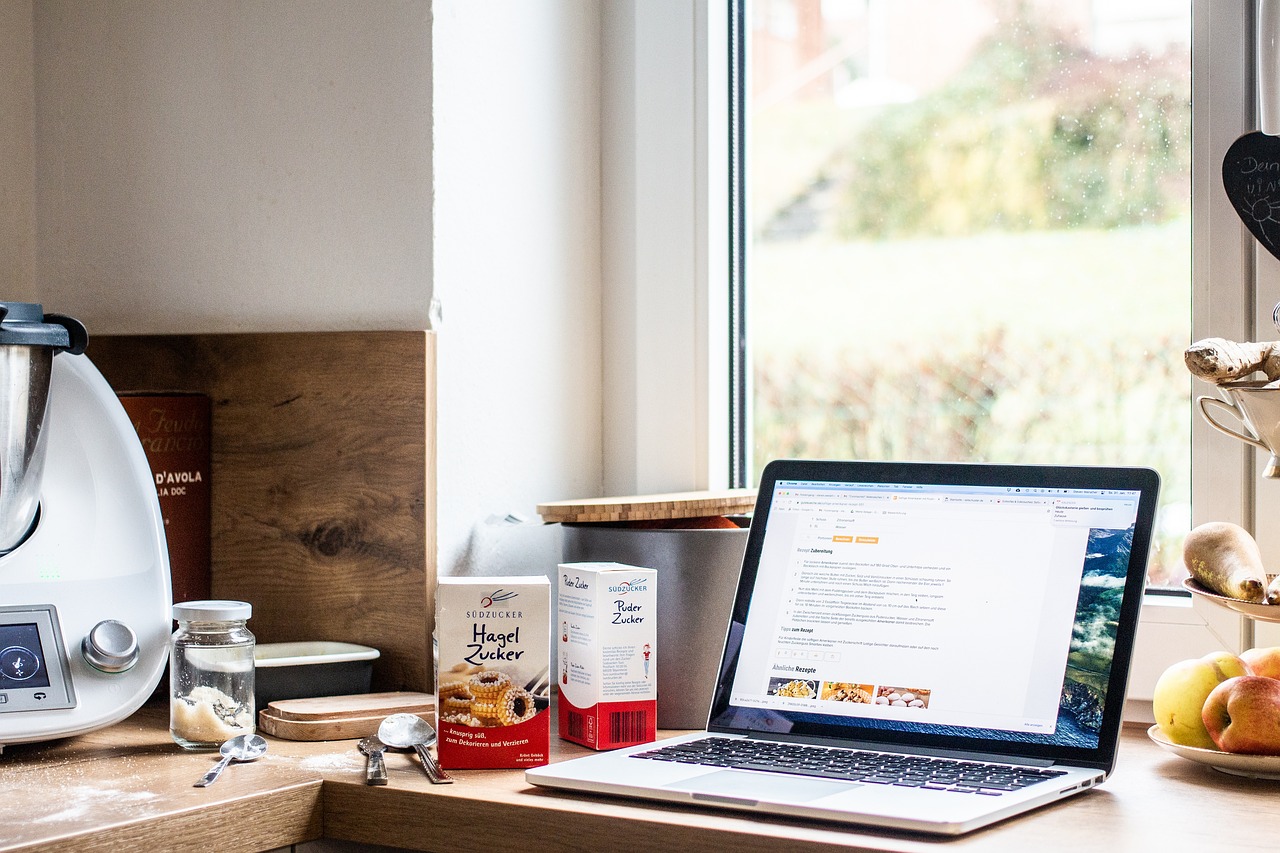 Image by Steven Weirather from Pixabay
Image by Steven Weirather from Pixabay
25. Forgetting the Fun
Last but not least, not enjoying the cooking process is like missing the party. Have fun, experiment, and savor the experience. After all, joy is the best ingredient!
 Image by Werner Heiber from Pixabay
Image by Werner Heiber from Pixabay
KEEP ON READING



